Does Sinwar's death open the door to ending the war in Gaza?
Calls for ceasefire and hostage-release deal grow louder after Israel achieves 'major goal' of killing Hamas leader
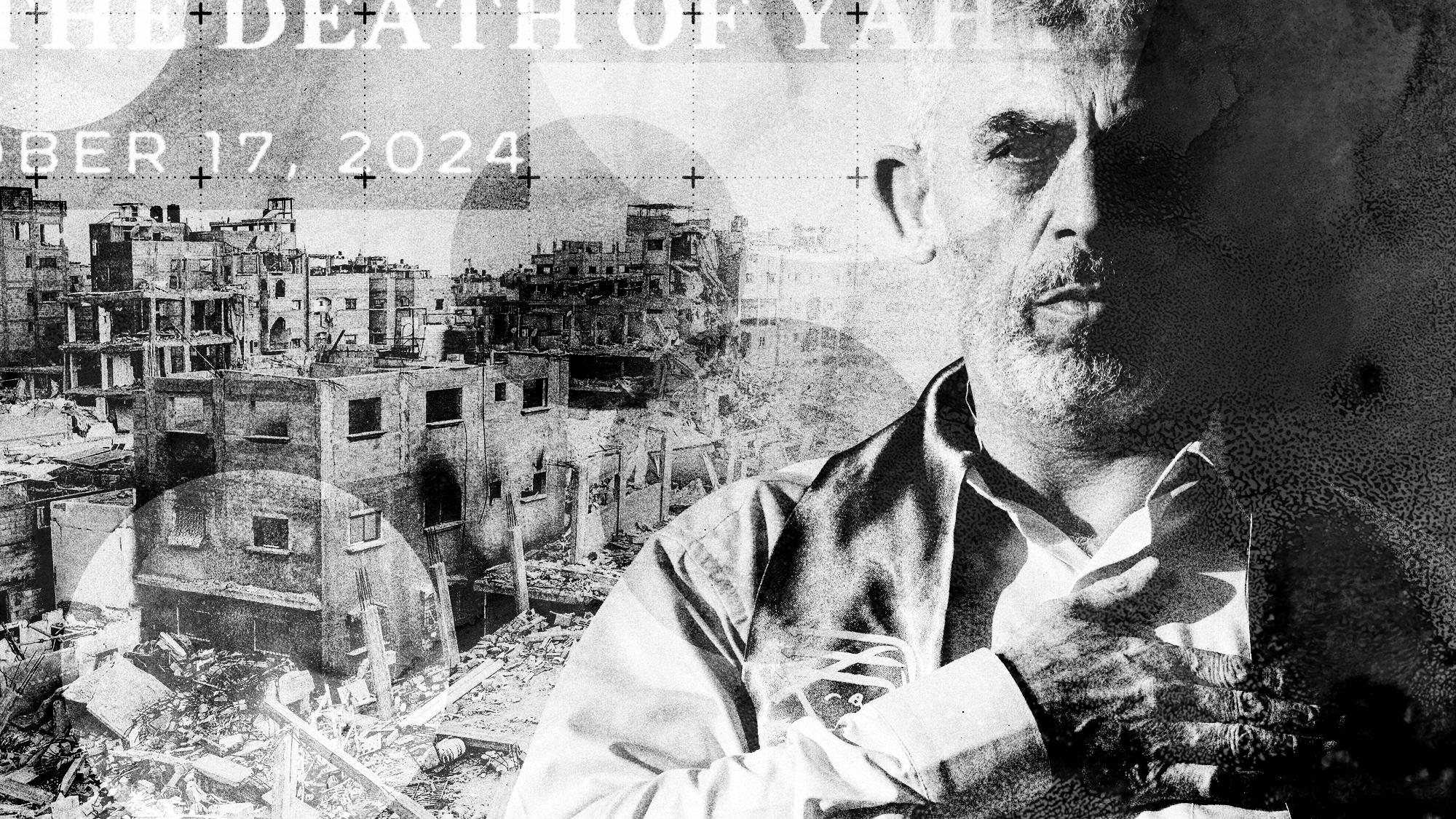
A free daily email with the biggest news stories of the day – and the best features from TheWeek.com
You are now subscribed
Your newsletter sign-up was successful
The death of Yahya Sinwar, the Hamas leader and mastermind of the 7 October attacks, is a significant milestone in Israel's military campaign in Gaza.
The 61-year-old, who took over after his predecessor Ismail Haniyeh was assassinated in Tehran in August, reportedly "met his end in a chance encounter with an Israeli patrol in southern Gaza", on 16 October, said the BBC.
Killing Sinwar was "a major goal for Israel, which marked him for death soon after the 7 October attacks" and has sparked some hope for an end to the ongoing conflict.
The Week
Escape your echo chamber. Get the facts behind the news, plus analysis from multiple perspectives.

Sign up for The Week's Free Newsletters
From our morning news briefing to a weekly Good News Newsletter, get the best of The Week delivered directly to your inbox.
From our morning news briefing to a weekly Good News Newsletter, get the best of The Week delivered directly to your inbox.
In a video statement, Israel's Prime Minister Benjamin Netanyahu said: "While this is not the end of the war in Gaza, it's the beginning of the end." He described Sinwar's death as an "important landmark in the decline of the evil rule of Hamas", but warned that the war "is not over yet".
What did the commentators say?
Many Israelis are "sensing a window of opportunity to bring back the hostages still held in Gaza – and they are making their voices heard", said CNN. Large crowds of protesters gathered in cities across Israel over the weekend, demanding that Netanyahu and his government "make the return of the hostages their top priority", which many believe "has not been the case so far".
The Israeli prime minister has "long been trying to balance the demands of his far-right coalition partners", who are "dead-set" on refusing any deal with Hamas, with "increasingly loud calls" from Israel's Western allies, including the US, who are "pressuring him to strike an agreement and bring the war in Gaza to an end".
Now is the moment to "direct all of the effort" to getting the hostages back home, said Haaretz in an editorial. There is "nothing more justified" than demands from the hostages' families that Israel use this military achievement to agree an "immediate" deal. "Sinwar's killing requires a genuine examination of the possibility of concluding the war on every front and beginning the reconstruction that Israel so badly needs. That must be the aim."
A free daily email with the biggest news stories of the day – and the best features from TheWeek.com
Not everyone shares the same optimism. "I don't believe the death of Sinwar changes Israel's calculations in terms of Netanyahu's desire to proceed with the destruction and depopulation of the Gaza Strip," Omar Rahman, from the Middle East Council on Global Affairs think tank, told Al Jazeera. Killing Sinwar "further degrades Hamas from a leadership and operational standpoint", he said, but the militia fighters habitually "operate in cells without centralised leadership".
"The death of Sinwar alone is not the sufficient condition to end this Gaza war and put Israelis and Palestinians on a pathway to a better future," said Thomas L. Friedman in The New York Times. Netanyahu's government will need to make tough decisions, including whether to negotiate and potentially involve a reformed Palestinian Authority in rebuilding Gaza. "To put it bluntly, can Prime Minister Benjamin Netanyahu of Israel live up to his Churchillian self-image and go along with something that he has previously rejected?"
What next?
Until now, "both sides have made a ceasefire conditional on demands the other refused to consider", said Tortoise. Yet while the war continues, there "are reasons to believe that Israel's hand is now stronger and that Hamas pragmatists may accept proposals Sinwar would never have contemplated".
A ceasefire and hostage release deal would also "create a slim opening for de-escalation in the wider region". But any deal with Hamas, "however favourable", will be challenged by Netanyahu's hard-right coalition partners, "and the next election in which he might end his dependence on them is not until 2026".
Sorcha Bradley is a writer at The Week and a regular on “The Week Unwrapped” podcast. She worked at The Week magazine for a year and a half before taking up her current role with the digital team, where she mostly covers UK current affairs and politics. Before joining The Week, Sorcha worked at slow-news start-up Tortoise Media. She has also written for Sky News, The Sunday Times, the London Evening Standard and Grazia magazine, among other publications. She has a master’s in newspaper journalism from City, University of London, where she specialised in political journalism.
-
 How the FCC’s ‘equal time’ rule works
How the FCC’s ‘equal time’ rule worksIn the Spotlight The law is at the heart of the Colbert-CBS conflict
-
 What is the endgame in the DHS shutdown?
What is the endgame in the DHS shutdown?Today’s Big Question Democrats want to rein in ICE’s immigration crackdown
-
 ‘Poor time management isn’t just an inconvenience’
‘Poor time management isn’t just an inconvenience’Instant Opinion Opinion, comment and editorials of the day
-
 Will increasing tensions with Iran boil over into war?
Will increasing tensions with Iran boil over into war?Today’s Big Question President Donald Trump has recently been threatening the country
-
 Israel retrieves final hostage’s body from Gaza
Israel retrieves final hostage’s body from GazaSpeed Read The 24-year-old police officer was killed during the initial Hamas attack
-
 What will happen in 2026? Predictions and events
What will happen in 2026? Predictions and eventsIn Depth The new year could bring peace in Ukraine or war in Venezuela, as Donald Trump prepares to host a highly politicised World Cup and Nasa returns to the Moon
-
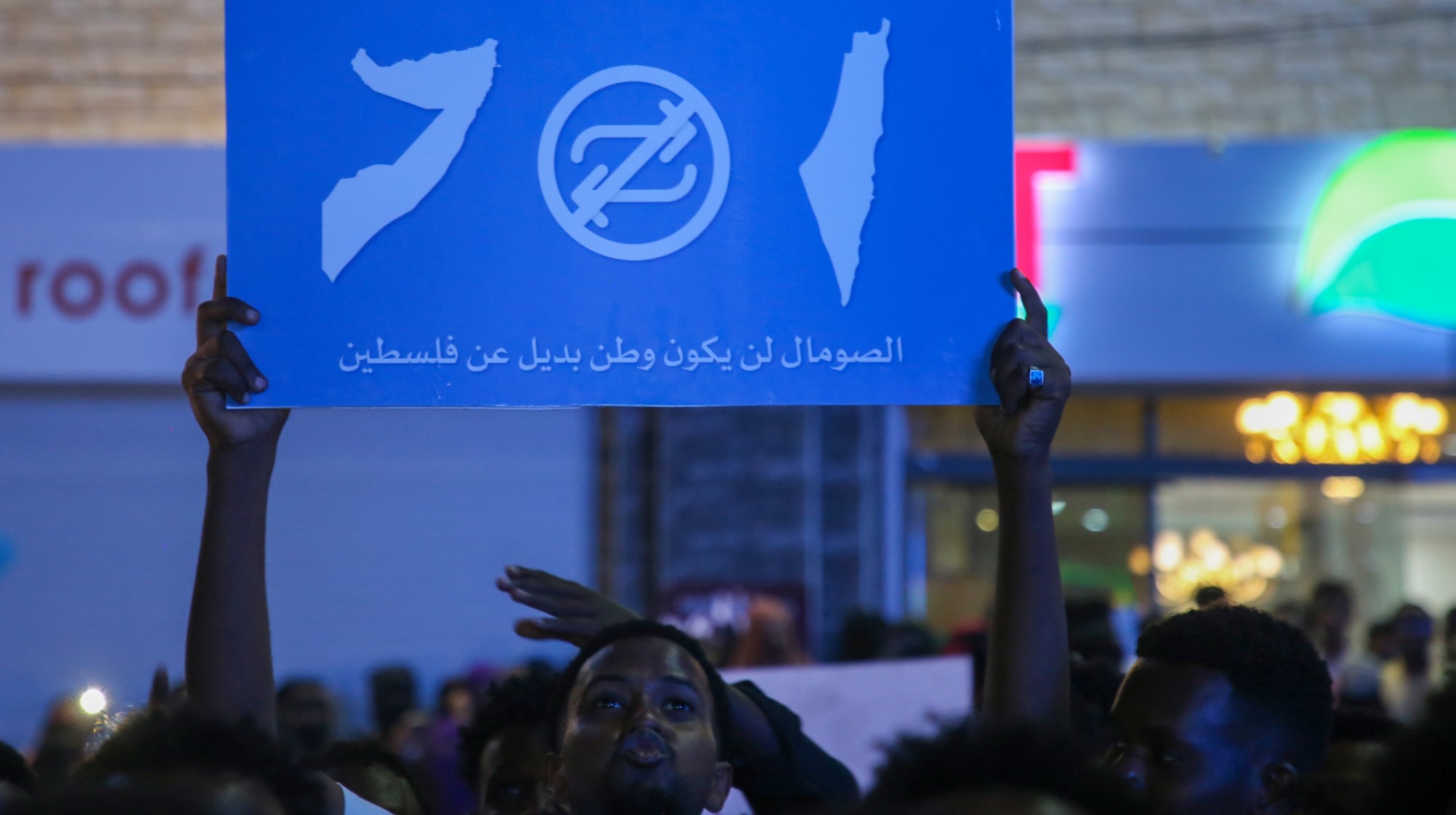 Why recognizing Somaliland is so risky for Israel
Why recognizing Somaliland is so risky for IsraelTHE EXPLAINER By wading into one of North Africa’s most fraught political schisms, the Netanyahu government risks further international isolation
-
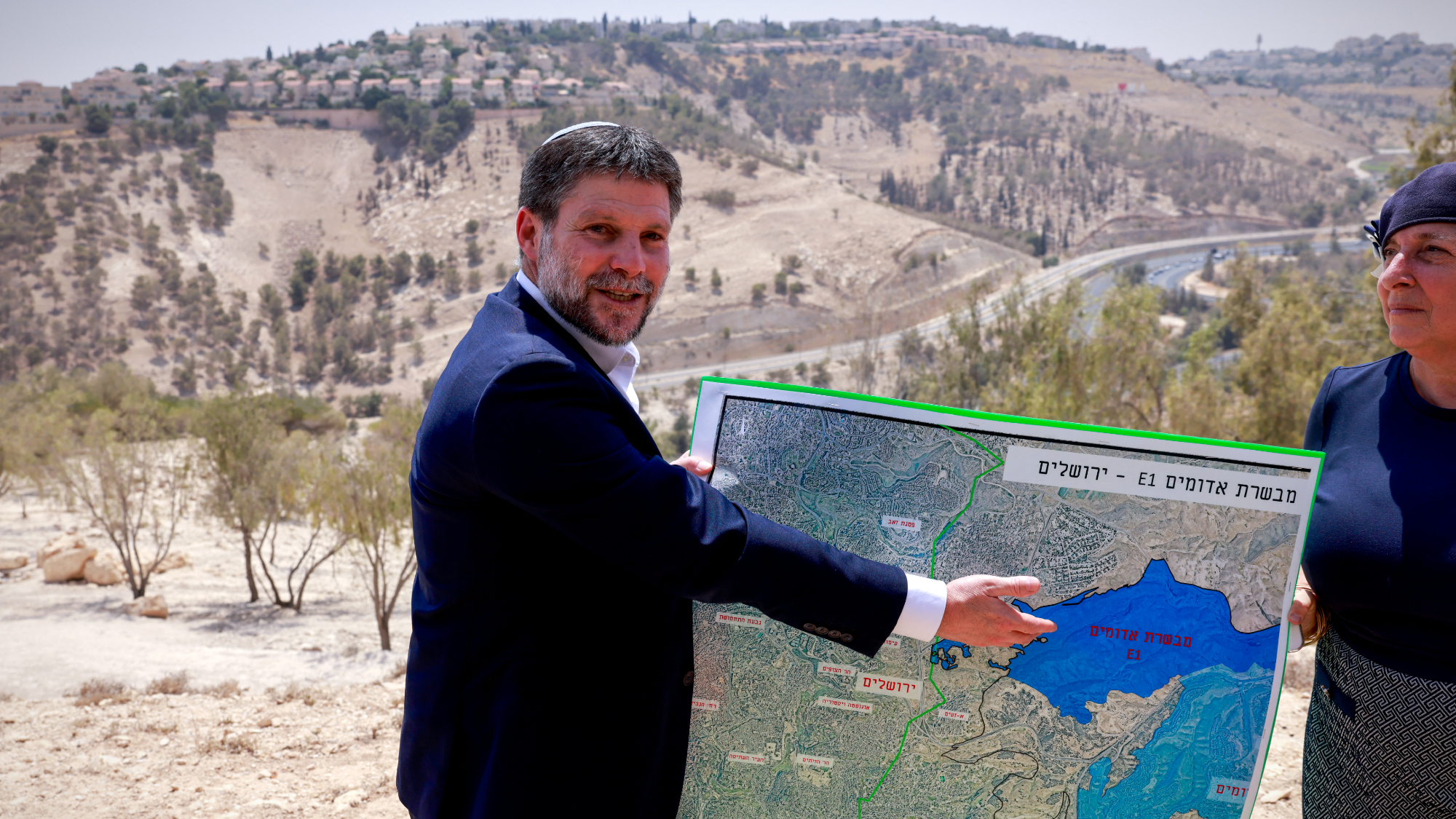 Israel approves new West Bank settlements
Israel approves new West Bank settlementsSpeed Read The ‘Israeli onslaught has all but vanquished a free Palestinian existence in the West Bank’
-
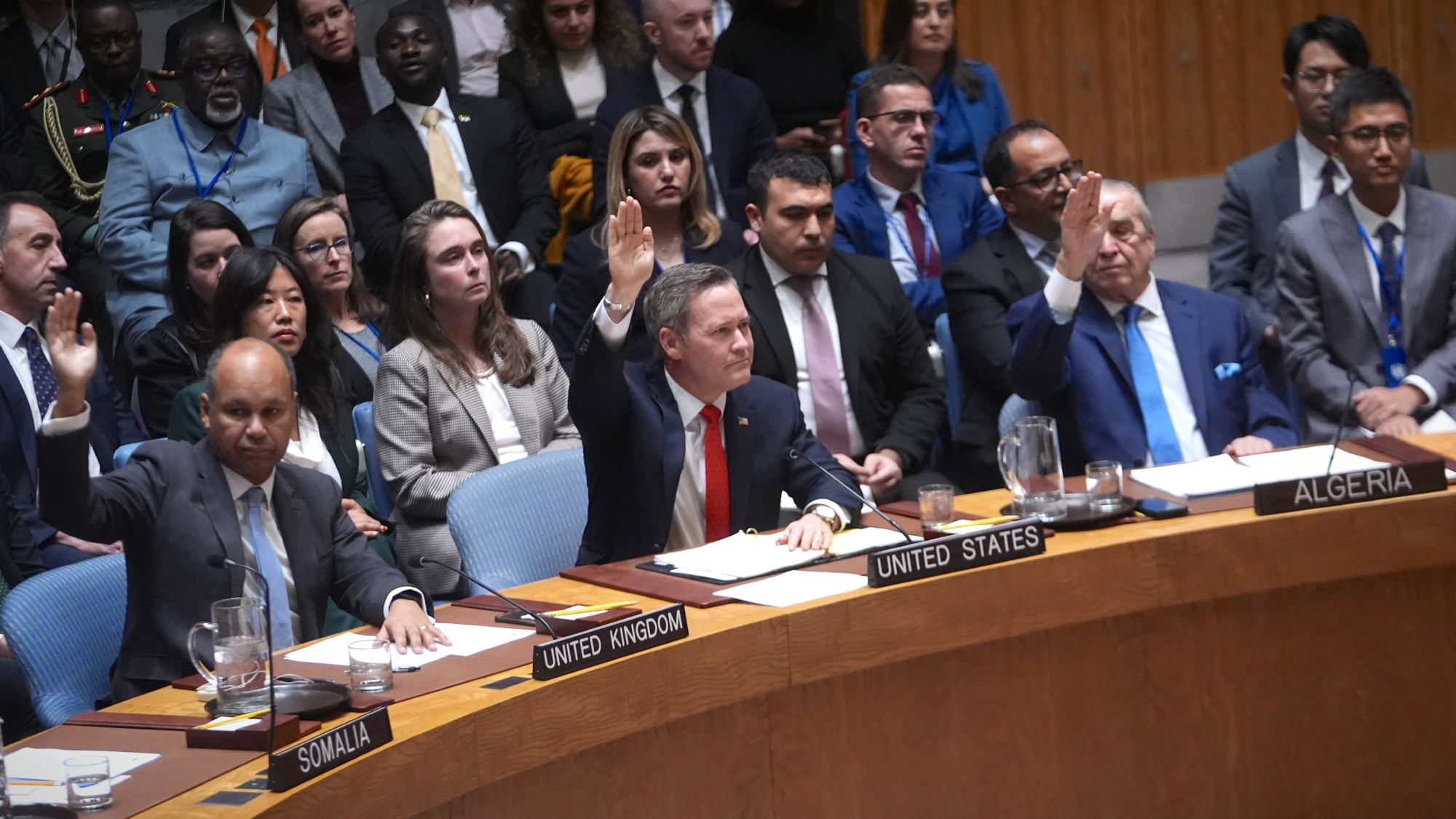 UN Security Council backs Trump’s Gaza peace plan
UN Security Council backs Trump’s Gaza peace planSpeed Read The United Nations voted 13-0 to endorse President Donald Trump’s 20-point plan to withdraw Israeli troops from Gaza
-
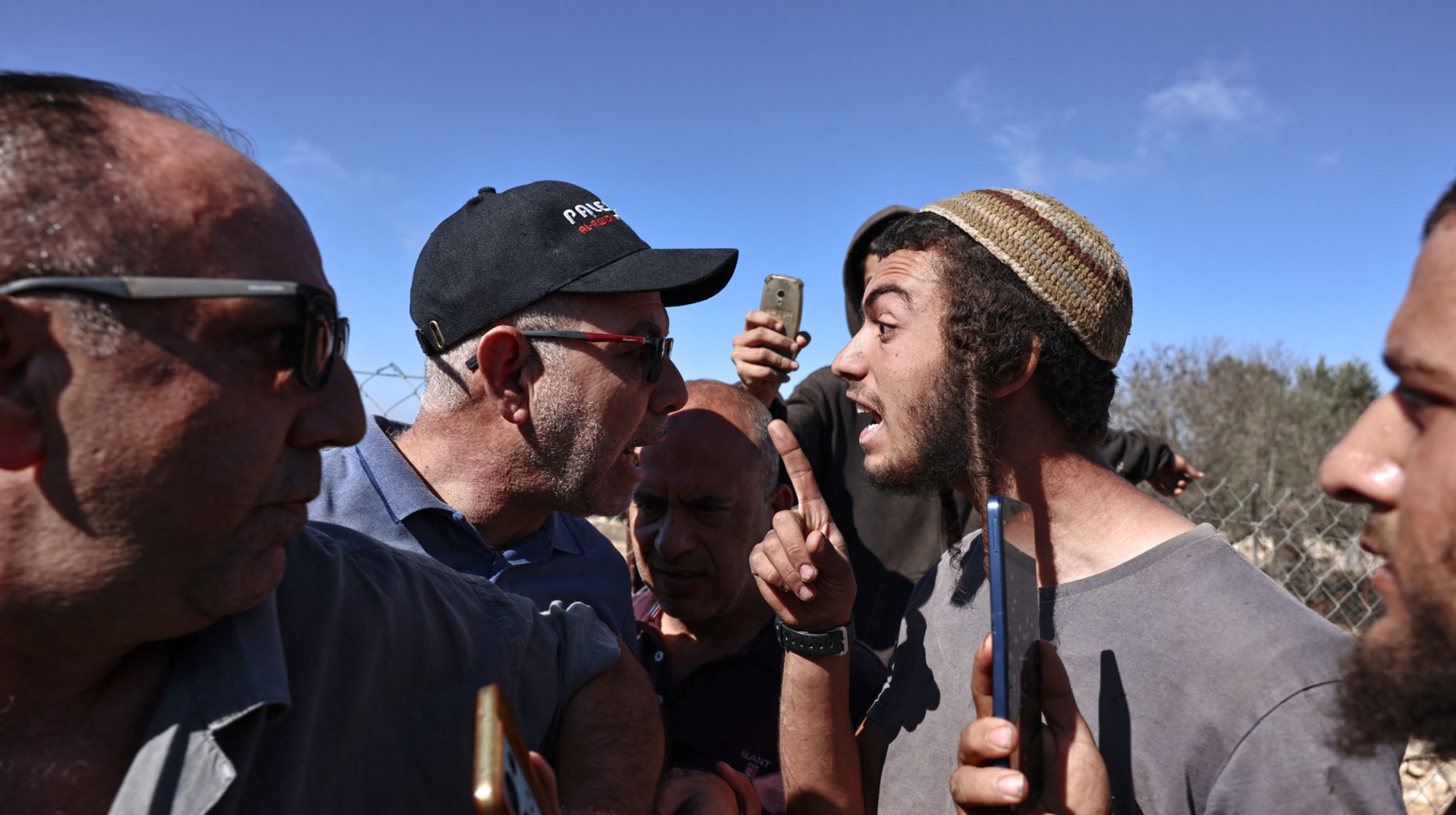 Israel jolted by ‘shocking’ settler violence
Israel jolted by ‘shocking’ settler violenceIN THE SPOTLIGHT A wave of brazen attacks on Palestinian communities in the West Bank has prompted a rare public outcry from Israeli officials
-
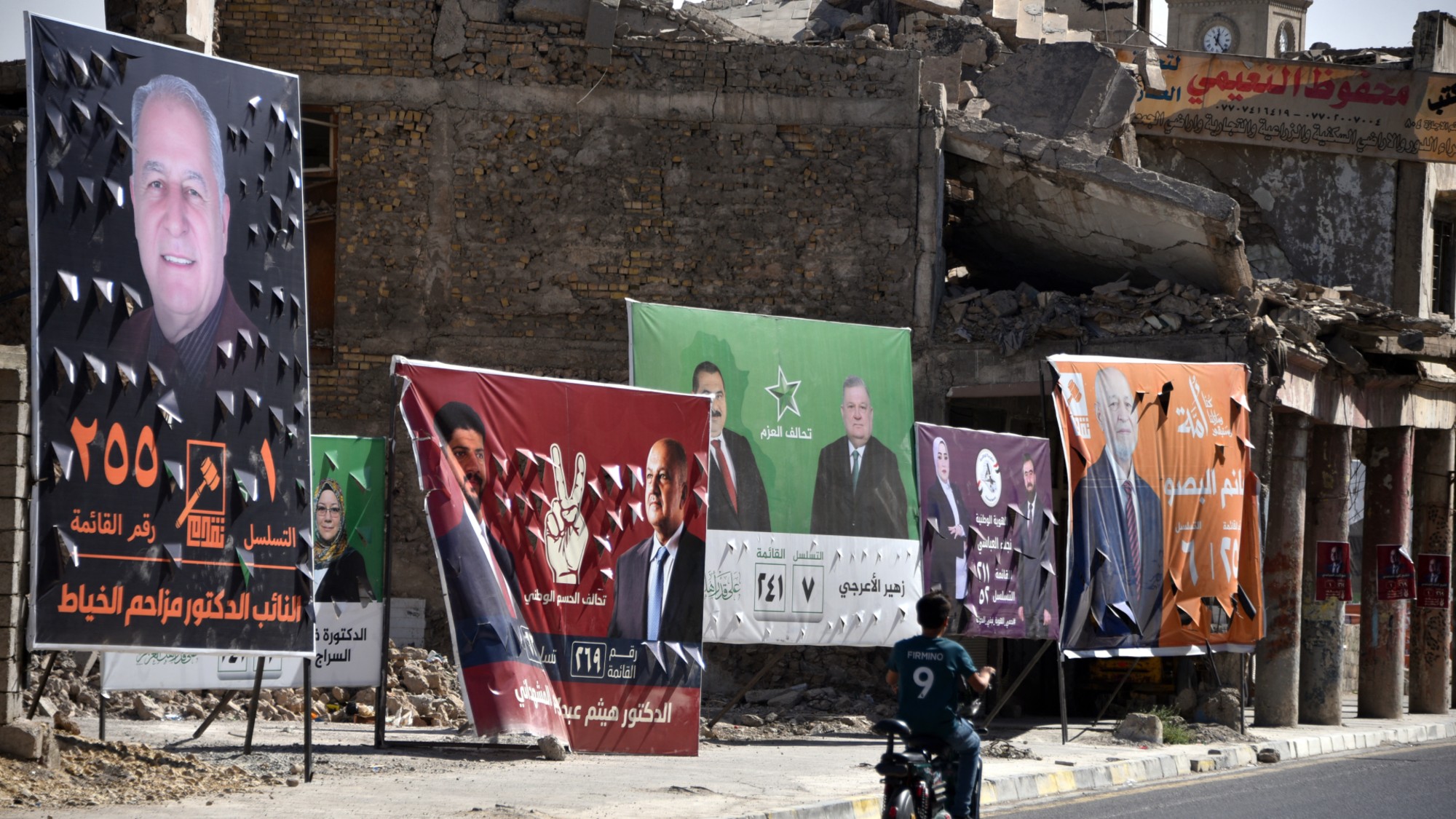 Why these Iraqi elections are so important
Why these Iraqi elections are so importantThe Explainer The US and Israel are increasingly pressuring Baghdad to tackle Iran-backed militants, while weakened Iran sees Iraq as a vital remaining ally